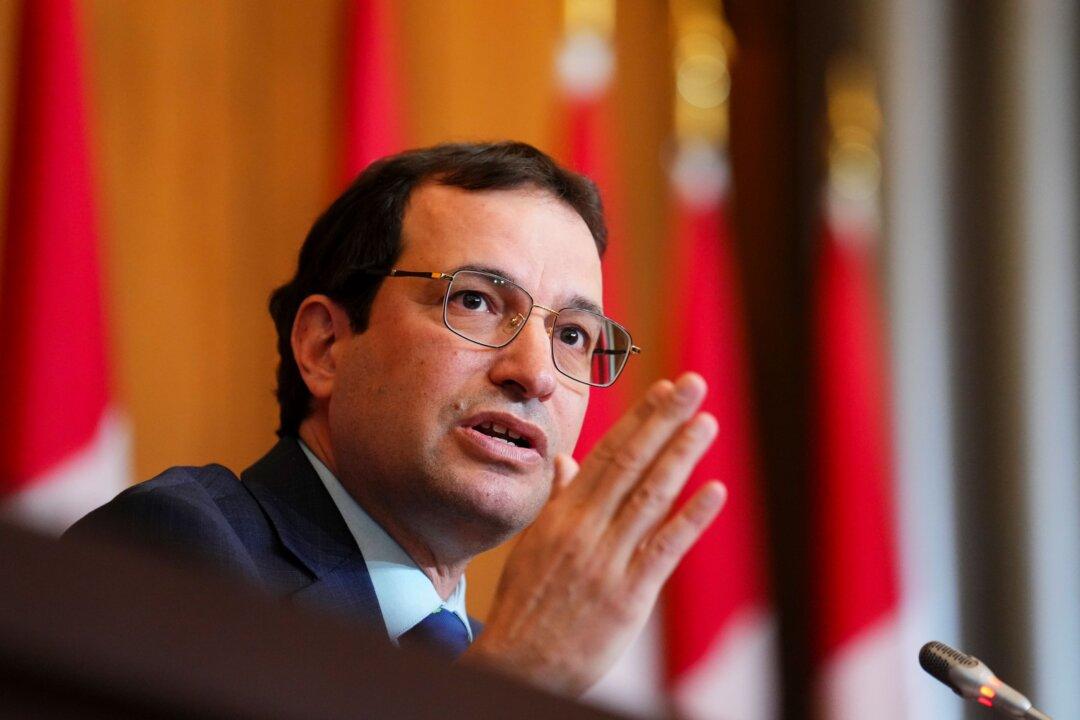The federal government does not know the extent that regulations are reducing greenhouse gas (GHG) emissions, despite committing $200 billion towards the issue.
An April 20 report released by the Commissioner of the Environment and Sustainable Development, Jerry DeMarco, indicates that Environment and Climate Change Canada does not attribute emission results to specific regulations.





